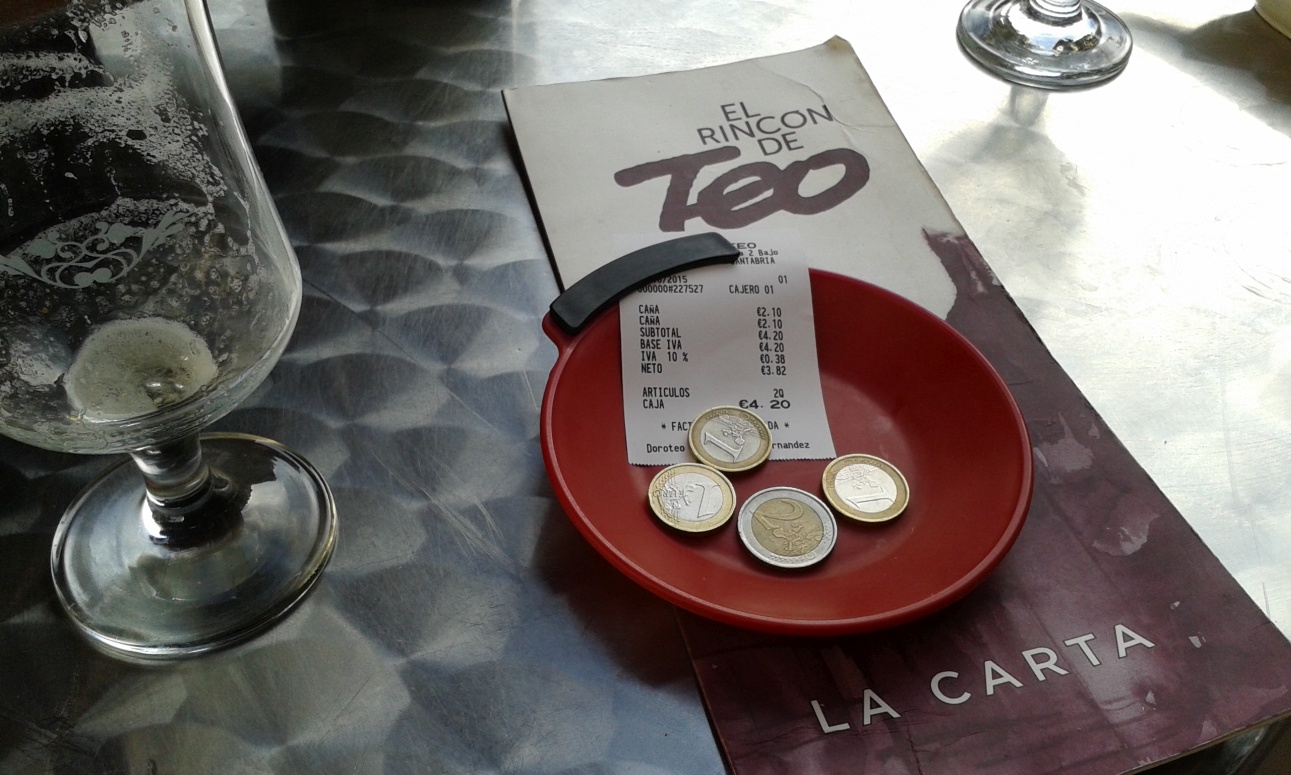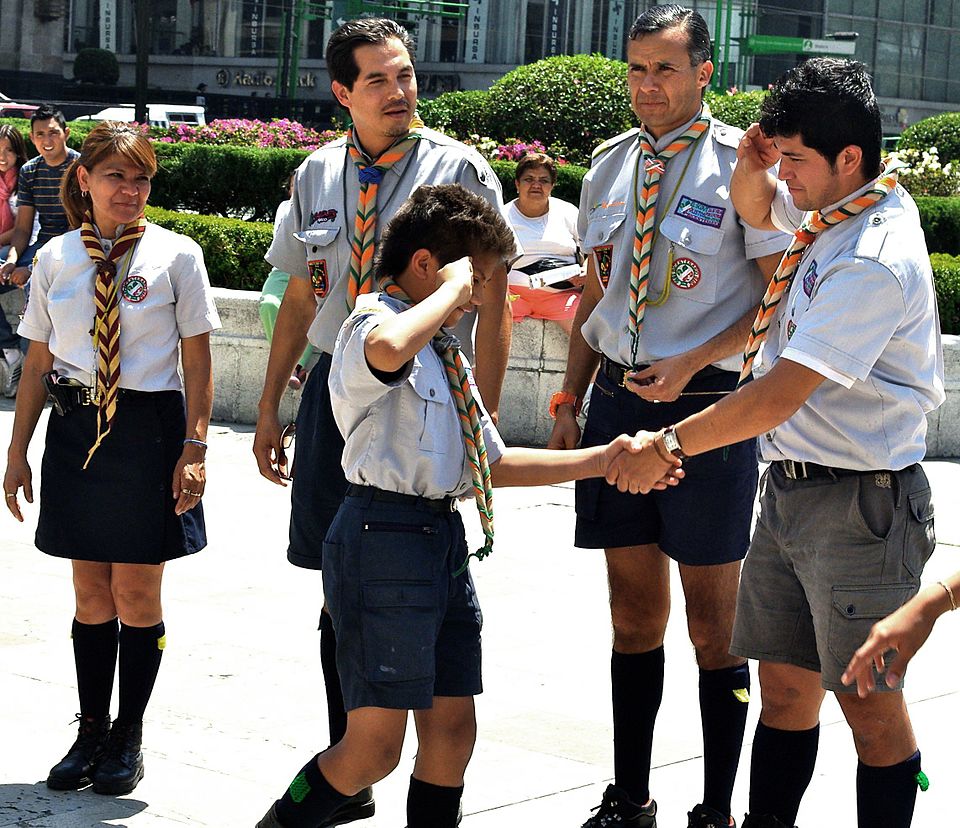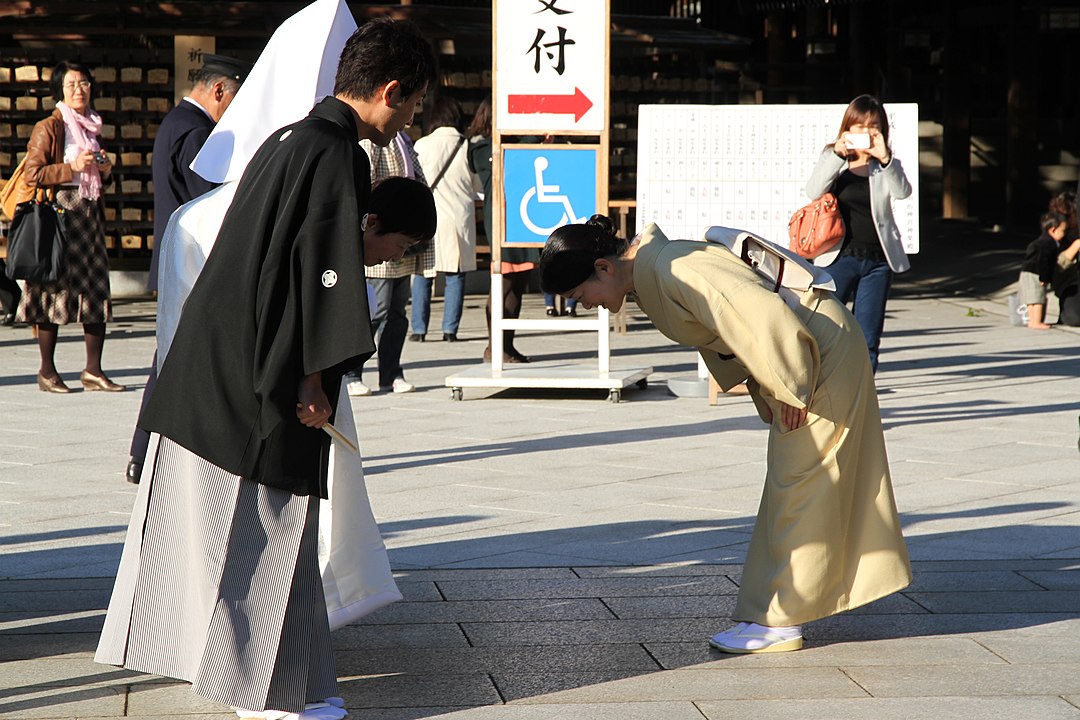Traveling abroad can be eye-opening, especially when it comes to cultural expectations. Everyday habits that seem normal in the United States might be unusual or even rude elsewhere. Learning about local customs helps avoid misunderstandings, builds respect, and shows maturity in global settings. From table manners to greetings, these cultural rules reflect traditions that go back centuries. Understanding them now can prepare teens for future study abroad programs, vacations, or even careers in international environments.
1. Tipping Is Rude in Japan

In the United States, tipping is almost expected at restaurants, but in Japan, leaving money behind can seem insulting. Service workers take pride in their professionalism, and a tip suggests they need extra encouragement to do their job well. Instead, Japanese culture values showing gratitude through polite words like “arigatou gozaimasu.” Tourists who leave tips may find staff politely returning the money. This practice comes from Japan’s emphasis on dignity and honor in work. Understanding this difference avoids awkward encounters and demonstrates respect for Japanese traditions.
2. Shoes Must Come Off Indoors

Many American teens are used to keeping shoes on inside the house, but in countries like South Korea, Japan, and parts of Scandinavia, that is not acceptable. Shoes are considered dirty since they touch the streets, so families and guests switch to indoor slippers instead. This rule is tied to cleanliness, as homes are meant to remain pure and hygienic. In Japan, some schools and temples also require shoe removal, emphasizing respect for sacred or shared spaces. Learning this custom helps show politeness when visiting foreign homes.
3. Silence on Public Transport in Germany

In many American cities, talking loudly on the subway or bus is common, but in Germany, this is frowned upon. Public transport there is considered a quiet space where people focus on reading, relaxing, or reflecting. Loud conversations, phone calls, or music without headphones can quickly attract annoyed looks. This cultural rule reflects German values of efficiency and order, even in public settings. Teen travelers who stay mindful of their volume on trains or buses in Europe will blend in better and avoid unwanted attention.
4. Left Hand Is Unclean in India

In the United States, most people do not think twice about which hand they use for eating. However, in India and several Middle Eastern countries, the left hand is traditionally considered unclean because it is historically linked with personal hygiene. Using it for meals, handshakes, or giving gifts can be seen as disrespectful. Instead, the right hand is preferred for social interactions. While modern practices are becoming more relaxed in urban areas, teens traveling abroad should still follow this tradition to show cultural awareness.
5. Eye Contact in China Is Limited

American teens are often taught that eye contact shows confidence and honesty. In China, however, long or intense eye contact can feel confrontational or rude, especially with authority figures like teachers or elders. Respect is shown by avoiding direct staring, particularly in formal settings. This does not mean people are unfriendly but reflects a cultural difference in communication style. Travelers should learn to balance politeness with awareness of local norms, understanding that respect is expressed differently around the world.
6. Punctuality Matters in Switzerland

In the United States, running five or ten minutes late is often excused, but in Switzerland, punctuality is taken very seriously. Being late to a meeting, dinner, or train is viewed as inconsiderate. Trains in Switzerland are famously on time, and society expects individuals to show the same respect for others’ time. This rule stems from values of efficiency and reliability. For American teens, adjusting to strict punctuality abroad can be a valuable lesson in responsibility and cultural sensitivity.
7. Eating With Hands in Ethiopia

While Americans are used to forks, spoons, and knives, in Ethiopia, many meals are eaten with the hands using injera bread, a spongy flatbread. This bread is used to scoop up meats, vegetables, and sauces, making it both utensil and food. Sharing from a communal plate is also common, symbolizing unity and hospitality. However, only the right hand should be used during meals. For teens visiting Ethiopia or Ethiopian restaurants, this tradition highlights how food can reflect deeper cultural values of togetherness.
8. Greetings in France Require Kisses

American teens often greet friends with handshakes, high fives, or hugs. In France, however, the standard greeting among peers is cheek kisses, known as “la bise.” The number of kisses varies by region, but it is a sign of friendliness and respect. Refusing to participate may be seen as distant or unfriendly. This tradition can surprise Americans unfamiliar with close personal contact, but it demonstrates how cultures differ in expressing warmth and connection. Respecting this rule shows openness to global traditions.
9. Respect for Elders in South Korea

In the United States, teens often speak casually with adults, but in South Korea, respecting elders is a serious expectation. Language, posture, and gestures must reflect deference. For example, when pouring drinks, a younger person holds the glass with both hands. Elders are often served food first at the table. These customs stem from Confucian traditions, which strongly influence Korean society. American teens traveling there should remember to show extra politeness to older individuals to avoid appearing disrespectful.
10. No Eating While Walking in Italy

In America, eating while walking is normal, especially with fast food. In Italy, however, eating is considered an experience that should be enjoyed sitting down. Walking around with pizza or gelato may be seen as sloppy or disrespectful to the food itself. Meals are social events tied to culture, family, and conversation. Teens visiting Italy can avoid awkward moments by taking time to sit and enjoy meals instead of rushing through them on the go.
11. Pointing Is Offensive in Malaysia

Many American teens casually point at people or objects when giving directions. In Malaysia and other Southeast Asian countries, pointing with the index finger is considered rude. Instead, people use the thumb or the whole hand to gesture. This custom comes from traditions of politeness and humility, where pointing directly at someone may feel accusatory. Knowing this rule helps teens avoid offending locals and shows attentiveness to small but meaningful cultural details abroad.
12. Queue Etiquette in the United Kingdom

While Americans line up for services, lines are often more loosely followed. In the United Kingdom, queuing is almost sacred. Cutting in line or standing too close can quickly frustrate people. This practice reflects British values of fairness and order. Even in busy places like the Underground or at concerts, the expectation is that everyone waits patiently for their turn. Teens traveling to the UK will find that respecting queue etiquette is one of the easiest ways to avoid social tension.


